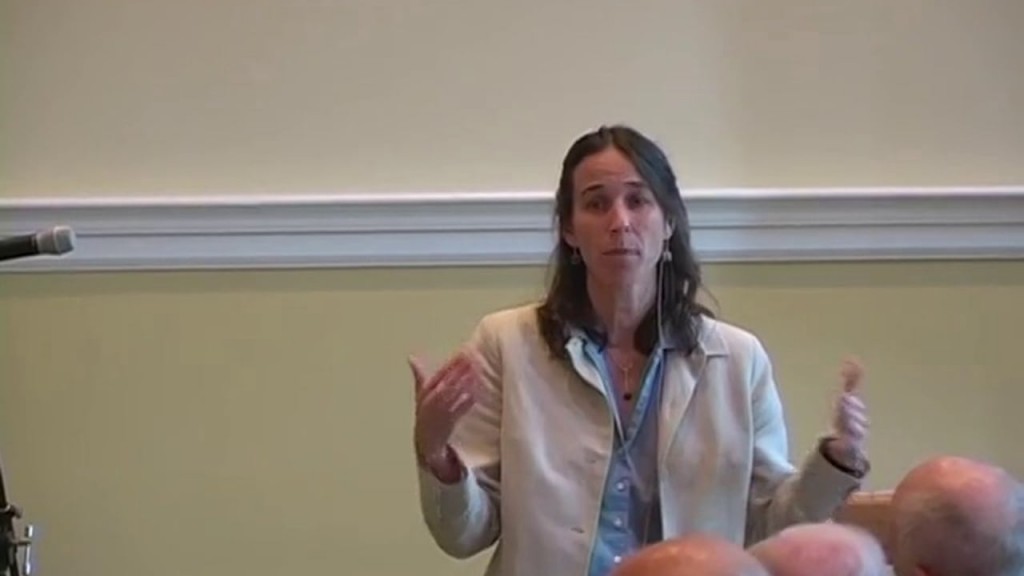Kisela vs Hughes: Qualified Immunity
All too often government officials including law-enforcement agencies get away with gross abuses of power because they invoke the doctrine of qualified immunity. This is a doctrine which protects police who kill civilians.
In the United States, 2,934 civilians were shot and killed by police since 2015. That is nearly 1000 people a year. In most European countries the number of people killed by the police is zero.
The doctrine of qualified immunity prevents government agents from being held personally responsible for constitutional violations unless the violation was of clearly established law. This is something nearly impossible to prove.
A Supreme Court decision two weeks ago in the Kisela vs Hughes case decided against the plaintiff victim of police abuse by a 7 to 2 majority two liberal justices Sotomayor and Ginsberg dissented. They opined that the majority of supreme court judges have established what they called an absolute shield protecting police from what they labeled palpably unreasonable action that will go unpunished.
Guest ” Attorney G.Flint Taylor, a graduate of Brown University and Northwestern Law School, is a founding partner of the Peoples Law Office in Chicago, an office which has been dedicated to litigating civil rights, police violence, government misconduct, and death penalty cases for more than 40 years.
Guest ” Attorney Ben Elson is a partner at the Peoples Law Office. His practice focuses on representing victims of police and other governmental misconduct in civil rights cases, including people who have been wrongfully convicted, subjected to police brutality, and denied medical attention. He has obtained tens of millions of dollars in compensation for his clients through verdicts and settlements.
“-
Lawyers Youll Like: Cathleen Caron ” Justice In Motion

Attorneys who represent migrant workers face a host of challenges in transnational employment litigation. Some of these challenges range from not being able to obtain a visa for clients posed to begin trial but are physically back at home in Guatemala or another country, and cannot return to testify. Or clients may be entitled to past wages but their US lawyers are unable to find them once they have left the States.
For some lawyers, its cost-prohibitive to keep in contact or to track down clients when the case goes to trial and forgo representing them entirely.
This is where the organization Justice in Motion comes in. Their unique cross-border model helps advocates and migrants overcome these barriers to what they call portable justice. Their mission is to ensure that migrants who suffered exploitation abroad are able to access justice even if they have returned to their home countries. They connect advocates and defenders, and support the development of cases to ensure that transnational litigation is working effectively and smoothly on behalf of migrants. They play a pivotal role in persuading attorneys to work on cases with a transnational dimension, and to not forgo them because of legal or logistical obstacles. This has led to a significant increase in the number of advocates in the region providing transnational legal services to migrants. Justice In Motion 2017 Brochure
Guest ” Attorney Cathleen Caron, National Lawyers Guild member, Cathleen is the founding executive director of Justice in Motion, and shes also one of our Lawyers Youll Like.



